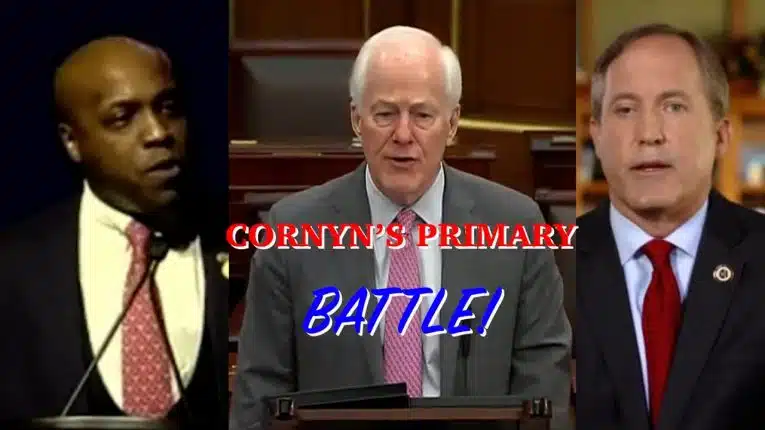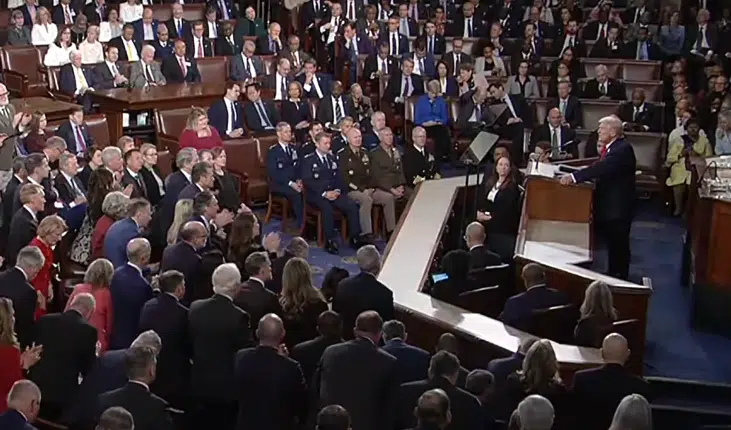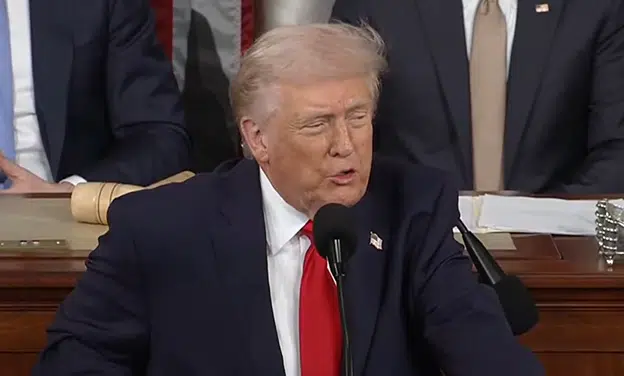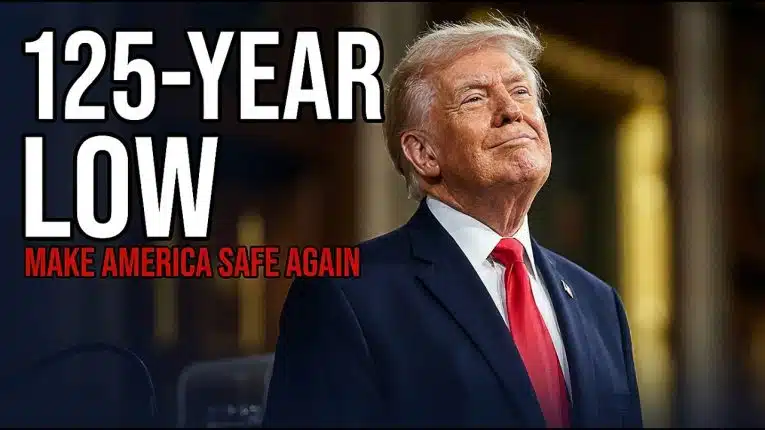What if the discredited Fusion GPS dossier that was used against then-candidate for president Donald Trump in 2016 to tie him to Russia was actually an elaborate disinformation campaign whose roots lie none other than in Moscow?
That’s what the Wall Street Journal’s Kim Strassel wants to know in light of testimony last week by William Browder, CEO of Hermitage Capital Management, who says his work on Russian sanctions in 2012 resulted in a similar disinformation campaign against him by Fusion GPS. Browder suggested that Fusion’s work violated the Foreign Agents Registration Act, although he stopped short of suggesting that the Trump-Russia collusion dossier — penned by former Mi6 agent Christopher Steele — was the work of Russia as well.
On that count, Browder stated he had not read the Steele dossier and could only comment on his own experience of being targeted by Fusion GPS by disinformation.
Per the Wall Street Journal’s Strassel, “What if, all this time, Washington and the media have had the Russia collusion story backward? What if it wasn’t the Trump campaign playing footsie with the Vladimir Putin regime, but Democrats? The more we learn about Fusion, the more this seems a possibility.”
If so, Strassel’s hypothesis raises some interesting — and troubling — ramifications.
The Steele dossier that Fusion GPS paid for was said to have been financed by a Republican donor to oppose Trump in the GOP primary in 2016, and later was adopted by a Democrat donor or donors to help Hillary Clinton’s candidacy.
The question is did the donors know they were doing the dirty work of Russian intelligence services, and that Russia apparently wanted the world to think that Trump was actually a Russian agent? Also, if this is true, did Russia work on putting the Democratic National Committee (DNC) emails on Wikileaks with the goal that the Trump campaign appeared to have colluded with them?
If so, wouldn’t that make these Republican and Democrat donors culpable under the Foreign Agents Registration Act as well?
23 U.S.C. Section 611(c) states: “the term ‘agent of a foreign principal’ means — (1) any person who acts as an agent, representative, employee, or servant, or any person who acts in any other capacity at the order, request, or under the direction or control, of a foreign principal or of a person any of whose activities are directly or indirectly supervised, directed, controlled, financed, or subsidized in whole or in major part by a foreign principal, and who directly or through any other person — (i) engages within the United States in political activities for or in the interests of such foreign principal… [and] (iii) within the United States solicits, collects, disburses, or dispenses contributions, loans, money, or other things of value for or in the interest of such foreign principal…”
Since the accusation is that Fusion GPS was acting on behalf of a foreign power, and failed to register under the Foreign Agents Registration Act, it would seem whoever funded the Fusion effort should face similar legal jeopardy.
This seems to raise other troubling implications. Not only were there Washington, D.C. establishment figures paying Fusion for the Russia-initiated dirt, there was also a distribution network for the Steele dossier — to media, to members of Congress — who if they knew they were helping to carry on a Russian disinformation plot might also be culpable under the Foreign Agents Registration Act.
Sen. John McCain (R-Ariz.) was said to have distributed the Steele dossier to the FBI in order to bring a case against Trump. Did he know he was distributing Russian disinformation on Russia’s behalf? He should answer that question under oath.
It is also known that the FBI offered to pay Steele to continue his work. By then, it should have known that Steele was possibly involved in an effort on behalf of a foreign actor, in this case, Russia. Was FBI Director James Comey aware that he might have been acting as an agent of a foreign government at the time?
These are all interesting questions that, presumably, is the reason Congress originally enacted the Foreign Intelligence Surveillance Act.
It surely seems that in addition to targeting individuals who were named in the Steele dossier — Carter Page, Paul Manafort, etc. — that were in Trump’s orbit, it is absolutely necessary to get Foreign Intelligence Surveillance Act warrants against those who paid for the dossier, which could have been Russian disinformation, those who distributed it and those who attempted to use it as evidence of a crime, wittingly or unwittingly advancing Moscow’s interests.
Of course, it could all just be a big misunderstanding. Perhaps Fusion, a hired gun, had multiple clients. Russia, being one, to oppose the Magnitsky Act and other Russian sanctions by Congress. The other was somebody who wanted Russian dirt on Donald Trump. It’s also possible Steele fabricated his sources and that the Russian government was actually unaware of the Trump dossier and did not play a role.
But that is for the Justice Department to sort through or for the White House to declassify if the truth is already known to our intelligence services.
It seems the heart of figuring out Russia’s role or non-role in interfering with the 2016 election is not only, as Strassel asks, “Who paid for the Steele dossier?” but also whether those donors, adherents and distributors of the Steele dossier were knowingly acting to distribute Russian disinformation.
Robert Romano is the Vice President of Public Policy of Americans for Limited Government.







